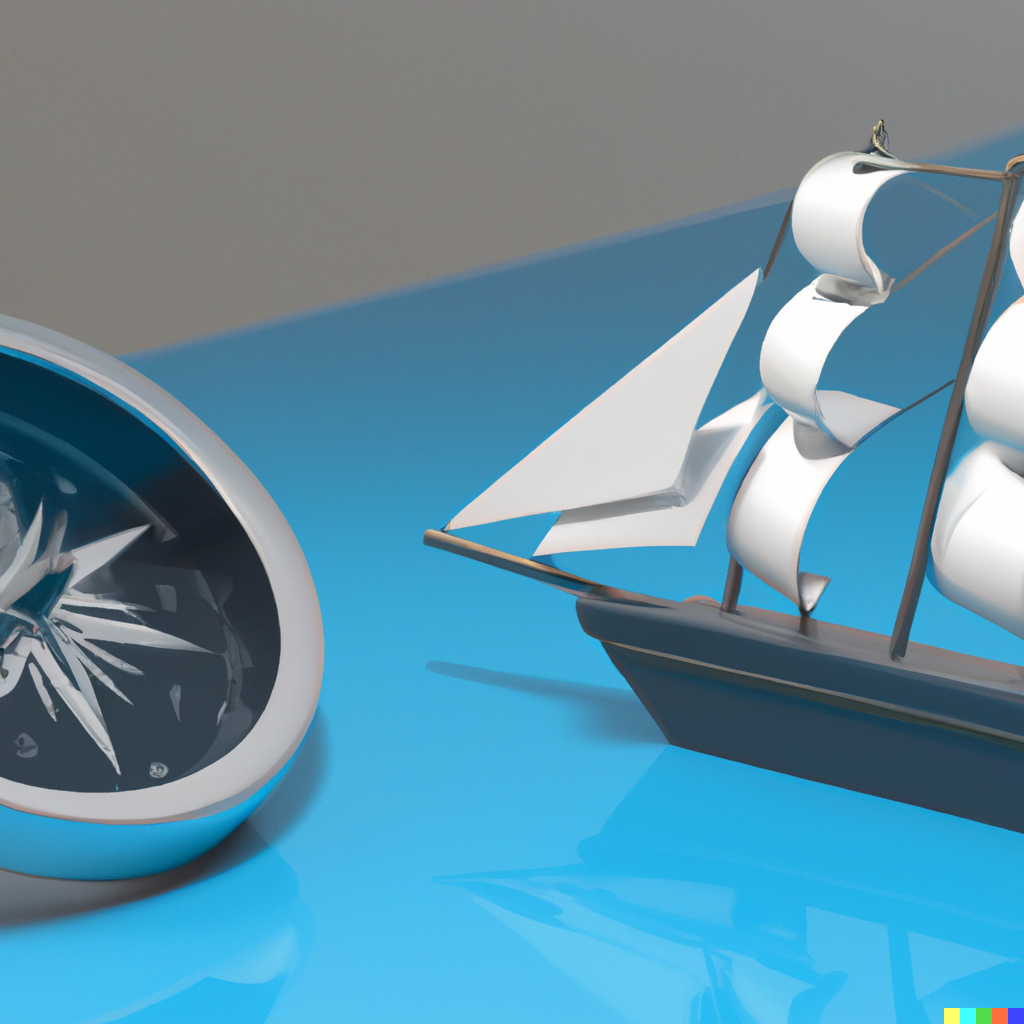November 03 | Marine Technology Climate Technology

For centuries, humanity has looked to the ocean as a source of food, transportation, and mystery. Today, as climate change, overfishing, and pollution threaten marine ecosystems, technology has become our greatest ally in understanding and preserving the blue frontier. Marine Technology (MarineTech)—a rapidly evolving field that merges engineering, data science, robotics, and sustainability—is redefining how we explore, utilize, and protect our oceans.
From autonomous underwater vehicles (AUVs) mapping the seafloor to AI-powered sensors monitoring coral reefs, MarineTech is creating smarter, safer, and more sustainable maritime operations.
Marine Technology, often referred to as MarineTech, encompasses all tools, systems, and innovations designed for use in or on the ocean. It spans a vast range of applications:
At its core, MarineTech bridges advanced technology and ocean science to make maritime industries more efficient, resilient, and sustainable.
AUVs are transforming deep-sea exploration. These robotic submarines can dive thousands of meters, collecting valuable data on temperature, salinity, and topography—all without human supervision. Surface drones, meanwhile, provide real-time monitoring of ocean currents, weather patterns, and pollution levels.
IoT-connected buoys and underwater sensors are being deployed across oceans to continuously collect environmental data. These networks are vital for predicting climate impacts, tracking oil spills, and improving navigation safety.
MarineTech plays a pivotal role in the renewable revolution. Wave, tidal, and offshore wind energy systems are harnessing the power of the ocean to generate clean electricity—reducing carbon emissions and dependence on fossil fuels.
AI is increasingly used to analyze the enormous volumes of ocean data collected daily. From detecting illegal fishing patterns to optimizing shipping routes for fuel efficiency, AI-driven insights are helping industries make smarter, more sustainable decisions.
Through underwater cameras, robotics, and machine learning, modern aquaculture is being reimagined. Farmers can monitor fish health, feed levels, and water quality remotely, leading to higher yields and lower environmental impact.
The ocean covers over 70% of Earth’s surface but remains one of the least understood ecosystems. MarineTech provides the tools needed to protect and restore marine biodiversity. Key sustainability initiatives include:
By integrating green innovation and responsible design, MarineTech ensures that progress at sea aligns with global sustainability goals like the UN’s Sustainable Development Goal 14: Life Below Water.
While MarineTech holds immense promise, several challenges remain:
To overcome these barriers, collaboration between governments, startups, research institutions, and global investors is essential. Emerging technologies such as quantum sensors, biomimetic robotics, and marine blockchain systems for supply chain transparency point toward an even more intelligent ocean future.
The next frontier of innovation isn’t in the skies—it’s beneath the waves. As MarineTech advances, it promises to unlock the ocean’s potential while safeguarding its fragile ecosystems. Whether through smarter shipping, renewable energy, or AI-driven conservation, the future of our oceans will be powered not just by curiosity, but by technology that respects and protects the sea.
MarineTech represents the intersection of technology and the ocean—where innovation meets sustainability. It’s a rapidly growing sector offering opportunities across engineering, data science, renewable energy, and environmental research. As we enter the Blue Economy era, MarineTech stands at the helm of global transformation.
SHARE THIS:
© Copyright 2026Global Tech AwardsAll Rights Reserved